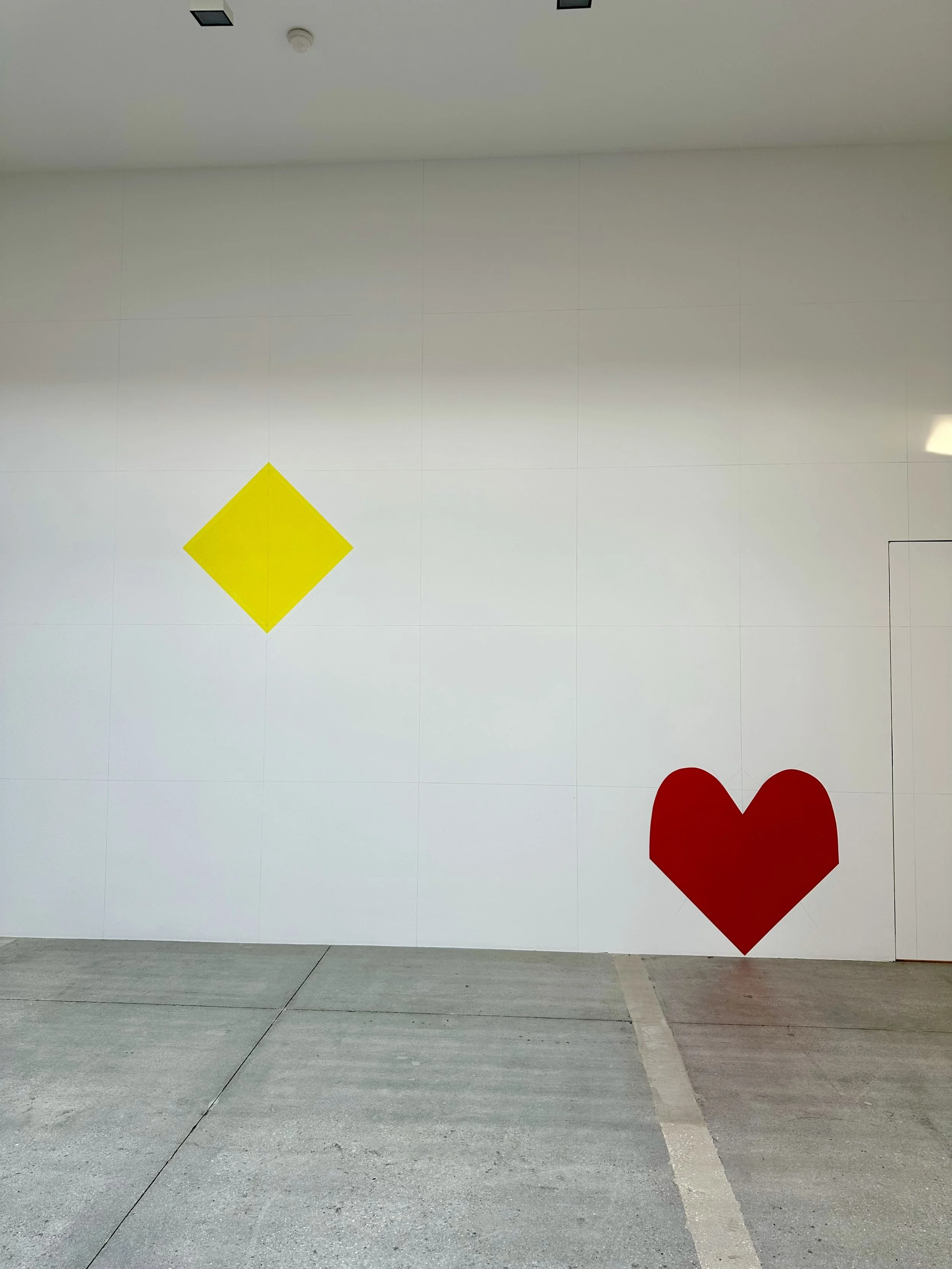Summer 2025: The Films That Challenge What It Means to Be Human
Cinema has always been the great mirror, reflecting our emotions, desires, and deepest fears- often with more clarity than reality ever could. We demand humanity on screen in a way we rarely tolerate in real life. The more flawless the faces, the more hypnotic the performances, the more we allow them to evoke the sympathy and empathy we struggle to extend in our own relationships.
“When anger, judgement and selfishness cool off, our view limbers.”
Take Oppenheimer, a study in destruction and brilliance wrapped in Ludwig Göransson’s relentless score. Take The Florida Project, an unapologetic glimpse into childhood and the invisible lives that society chooses to ignore. Take Man in the Moon, where the lines between pain and understanding are blurred against the vastness of space itself. Each film offers transformation- of self, of worldview, of the ways we justify the chaos of existence.
“Your leading dosha is your main character energy. The other two doshas are supporting actors. Balance can be understood as adding some humility before the star persona turns into a diva.”
THE SCIENCE
These movies transform perspective by preventing or minimizing leading doshas from losing their lines- from becoming imbalanced with their unfortunate idiosyncrasies. Heard of Joan Crawford?
Pitta and Vata doshas are sometimes marred by ambition, perfection and haste. Oppenheimer gives them perspective on how their success and creativity can explode.
Watching the World Burn: Oppenheimer
War, science, and morality have never been easy bedfellows. But Christopher Nolan’s epic proves that understanding the minds behind destruction is far less complicated than unraveling the motivations behind it.
Oppenheimer (2023) is no longer competing with Barbie, and if you still haven't watched its three-hour symphony of consequences, now is the time. It doesn’t dwell on the mechanics of the bomb, nor on the historical minutiae surrounding its conception. Rather, it focuses on the shift it caused in human warfare. Once destruction became theoretical, once it was calculated rather than instinctual, war became something else entirely. Now, it plays out in cyberattacks rather than mushroom clouds, but the hostility remains unchanged.
We like to say we crave peace, but the reality is less noble. Nobody gets along. Not lovers, not families, not nations. Oppenheimer is not a cautionary tale. It is a study in inevitability.
Pitta tends to be overly judgmental of others. Especially their imperfections in light of social norms. A postcard from The Florida Project brings out their softness.
School is Out: The Florida Project
Sean Baker’s Anora may have claimed history at the Oscars, but it was The Florida Project (2017) that established his rare gift for noticing the forgotten.
The film is both bright and devastating, a portrait of childhood in its most unfiltered form. Definitely unpolished, messy, and tinged with uncertainty. It transforms the way we perceive lives adjacent to homelessness, forcing even the most hardened cynics to reconsider their dismissal of “problematic” people. Moonee and Scooty’s small, reckless adventures are riveting simply because they are real. Baker, a product of privilege, does not insert himself into the narrative. Instead, he steps back and lets the characters exist, without apology.
We spend so much time avoiding uncomfortable realities. Scrolling past, changing the channel, averting our gaze all in a day. The Florida Project does not let us.
Kapha gets sucked into her own pain. Forgetting how others suffer will not bring her more love. Man in the Moon has her looking through another’s eyes.
Space is the Place in the Heart: Man in the Moon
Everyone professes understanding. Few talk about pain.
Today’s world thrives on the competition of suffering. Who has endured more, who has carried the greater burden? But Sam Waterston’s character delivers one of this 1991 film’s most haunting truths: ‘If you do not see someone else’s pain, then you might as well dig yourself a hole.’
Pain does not need to be comparative to be valid. Transformation does not need to be loud to be profound. Sometimes, it is simply about understanding that no one moves through life unaffected.
BOTTOM LINE
Hollywood has spent decades reshaping reality. It has turned Christian Bale into an overweight political strategist, Harvey Weinstein into a deity, and Amanda Bynes into an OnlyFans persona.
But in its best moments, film offers something deeper. It does not merely entertain. It shifts perception. Whether through a blockbuster or an independent debut, its greatest triumph is its ability to transform the way we see ourselves, and the way we see each other.
Because without transformation, we remain unchanged. And what would be the point of that?











